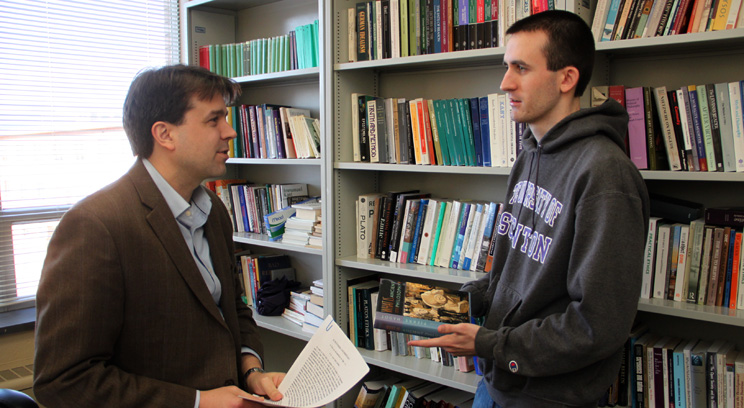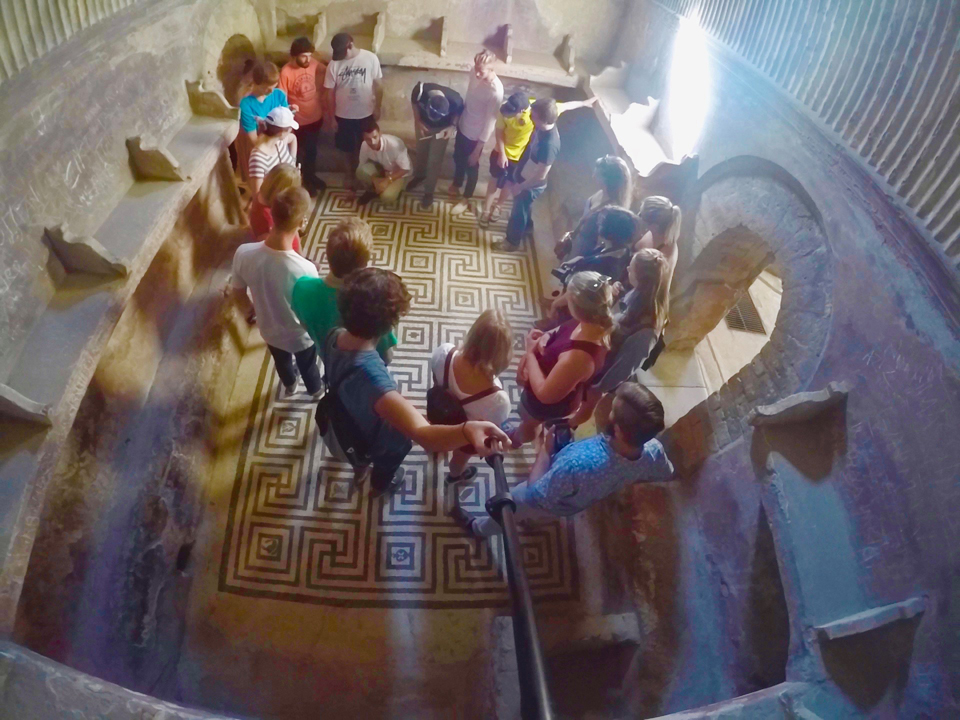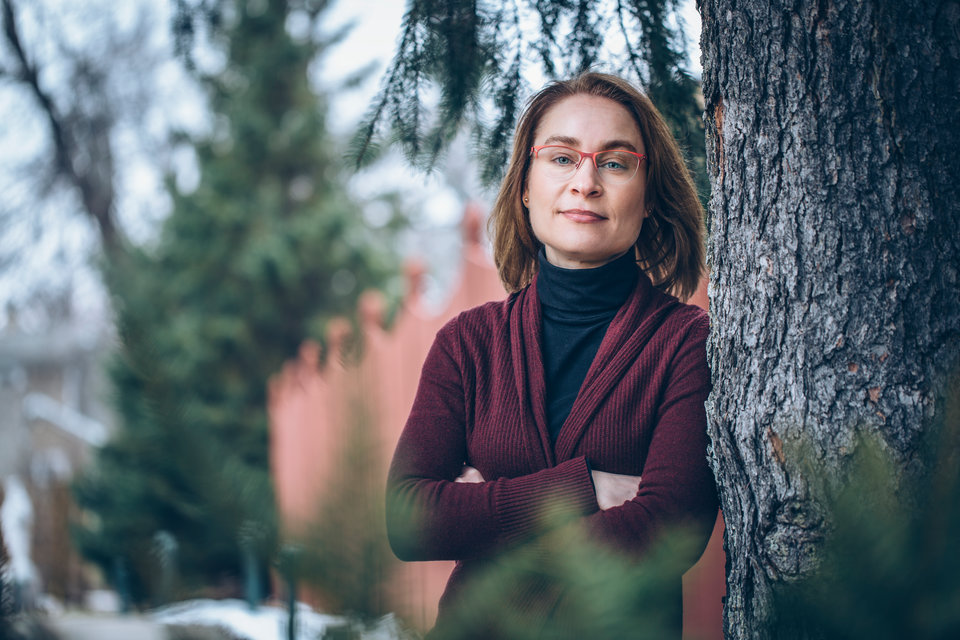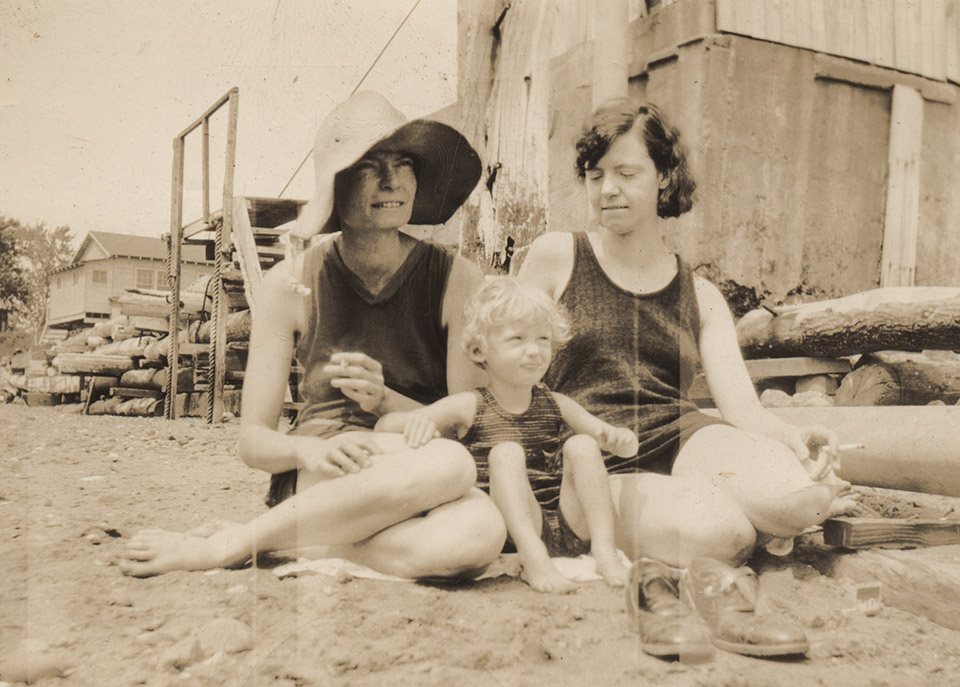Since you graduated from St. Thomas with an economics major and theology minor, you’ve completed four additional academic degrees – a master’s in theology from Harvard, a Ph.D. in philosophy from the University of Vienna and a master’s in classics and Ph.D. in philosophy from Boston University. That’s impressive. Why did you do it?
It wasn’t really planned. The first degree was a product of wanting to continue my education and see where things would end up. Then I got a fellowship from Harvard to study in Vienna for a year, and so I decided to pursue that a little further and ended up staying for personal and professional reasons longer than expected. When I started the joint Ph.D.-M.A. program at Boston University, I knew that I wanted to be in academia, and I knew that I wanted to be in philosophy. Throughout this time, the studies were never really a burden; I was just happy to wake up each morning doing what I was doing. I’m glad where I ended up.
Did your St. Thomas experience help set you on the path to this advanced study?
Yes, it most certainly did. In addition to the kind of skills and knowledge that I acquired at St. Thomas, my experience with the liberal arts and my study of economics really just ignited a classical desire to know. The nice thing about St. Thomas is that I also had an environment where I could take risks and maybe even make some mistakes and pursue this quest in an environment that was ultimately supportive.
You are a professor of philosophy at the University of Scranton, a Jesuit university in Pennsylvania that enrolls some 6,000 students. Does your experience there remind you of St. Thomas? How does it feel to be teaching the liberal arts now, instead of studying them?
It very much does remind me of St. Thomas. It’s about the same size; the students come with a similar background, interest, perhaps potential capacity, etc. Perhaps the people who brought me here saw or kind of felt that there might be some similarities in my undergraduate education and the education they offer here. In terms of teaching versus studying, I would almost undermine the distinction a little bit and just say that I still feel as though I am studying the liberal arts. I’m just leading the group that’s studying them in the classroom and, on occasion, I do the same here with the faculty in various interdisciplinary seminars and reading groups.
Which aspects of your St. Thomas education do you wish to pass on to your own students?
Well there are the basic things; you just want to have them be more knowledgeable about your subject matter and learn the skills of critical thinking and writing and expressing oneself. But what you are really trying to do is get them to open up to the pleasures of both learning about themselves and the world, and to link that in some sense to a project of self-development as not just, let’s say, a basketball player or musician or an engineer, but as persons and then to take that project of self-development and link it up to something greater than themselves like the surrounding community, the world or even God. I say at the beginning of my syllabi that I’m trying to make each of my students a philosopher in the original sense of the word, which is ultimately a lover of wisdom, and so maybe that’s my goal.
As your former economics professor, I was of course interested to watch on YouTube a talk you gave at the University of Scranton that focused on self-interest, greed and corruption from ancient to modern times. Do you think your interest in this topic can be attributed to your training in economics?
What was interesting was the interplay that I would get between my training in economics, which seemed to rely on certain assumptions about what human beings pursue, and then to read philosophers who presented alternative ways of thinking about the human being. In the end, I learned that it is important to think economically about buying butter, flat-screen TVs, cars and so on, but what a long tradition of philosophy suggests is that we might want to resist applying this type of thinking to all aspects of our lives.
Your first book, Reading Nietzsche through the Ancients: An Analysis of Becoming, Perspectivism, and the Principle of Non-Contradiction, is scheduled to be published this year. Congratulations. How are you linking Nietzsche to the ancient Greek philosophers?
The purpose of the book is just trying to figure out what Nietzsche is up to and to clarify what his philosophical positions are. What the book ends up saying is that Nietzsche’s philosophy is largely a revival of views that can be found in the pre-Socratic philosophy and poetry of ancient Greece. One important upshot of this reading, I think, is that the debates that Nietzsche’s philosophy has initiated are not actually that new, but rather very, very old, and therefore it turns out that the study of the history of philosophy is always a timely and relevant affair.
Read more from CAS Spotlight.







